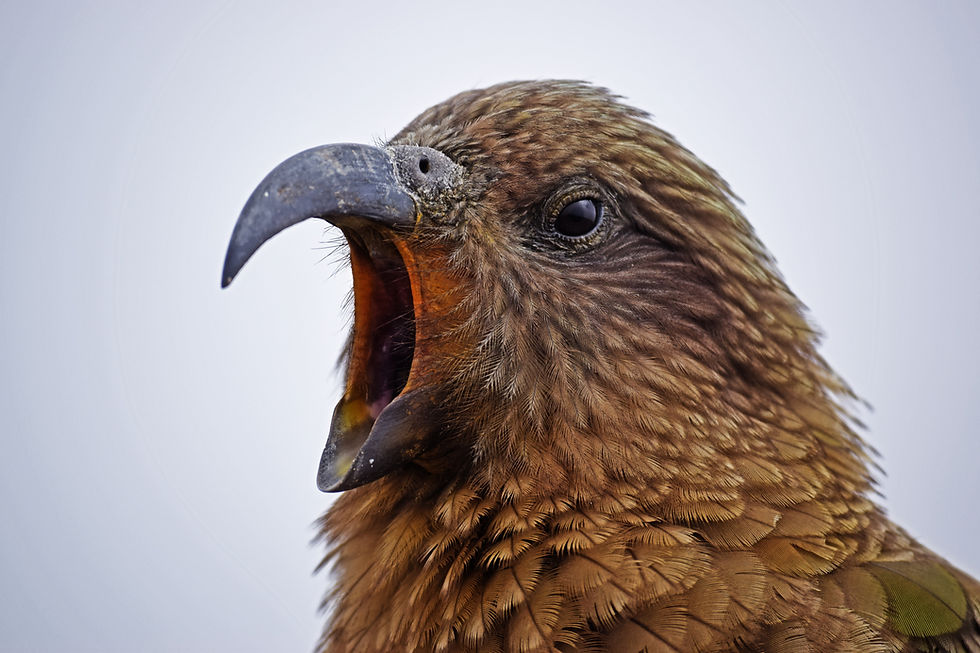_edited.png)
Rangatahi Pūrakau
These pūrakau are from some of the rangatahi interviews. They address challenges that can arise in a journey to becoming a sexual being. Each is followed by enquiry questions taken from the research interviews, these are designed support you to reflect on how they relate to people, how unhelpful ideas about gender and sexuality can impact them, and how they can create new ways of being and becoming sexual.
_edited.png)
Rangatahi pūrākau
These pūrākau are from some of the rangatahi interviews. They address challenges that can arise in a journey to becoming a sexual being. Each is followed by enquiry questions taken from the research interviews, these are designed support you to reflect on how they relate to people, how unhelpful ideas about gender and sexuality can impact them, and how they can create new ways of being and becoming sexual.
Explore more rangatahi pūrākau that might be helpful guidance in a journey to becoming a sexual being.
Jamie's Story
Jamie has noticed that the way they are with their friends is very different to the way they are with their family. At home, they wear specific types of clothing and do specific types of behaviours that their parents expect from them. With friends, however, they feel more comfortable experimenting with the clothing they wear, the way they do things, with the people they talk to and the way they talk about their body.
-
Where do you feel most comfortable being yourself?
-
How do your experiences change in the different spaces you move through?
-
Do you notice any differences in how your friends, parents or grandparents talk about gender?


Lee's Story
Lee is proudly takatāpui, if prompted, they answer that they’re a non-binary pansexual. For Lee, neither girlhood or boyhood are comfortable, and they believe that they love who they love because of who they are as a person, not what parts they have. They’re affirmed in their identity at home and with friends, but at school, Lee gets bullied relentlessly. Lee avoids a lot of the kids at school because they often get harassed when kids want to know if they’re “really a girl or a boy.” Some of the kids talk about how they feel unsafe not knowing what sex Lee really is, they see Lee as “different” and a threat and Lee doesn’t understand why.
-
How might we make space for people to be themselves?
-
How can we support the people around us in exploring their own identities?
-
How can we challenge the idea that non-binary, agender, or gender-fluid people are not the norm?
-
How can we push back on homophobia and transphobia while keeping ourselves safe?